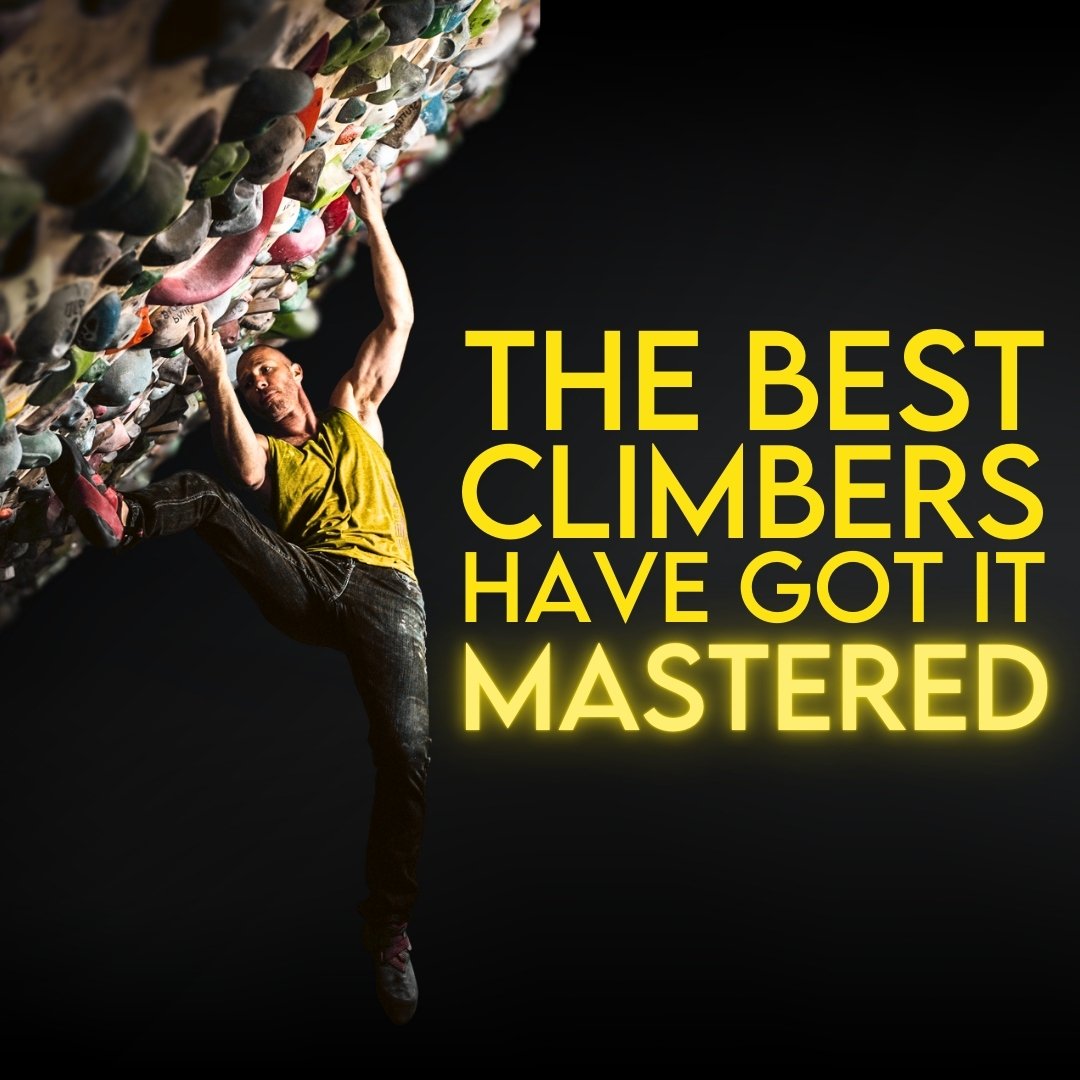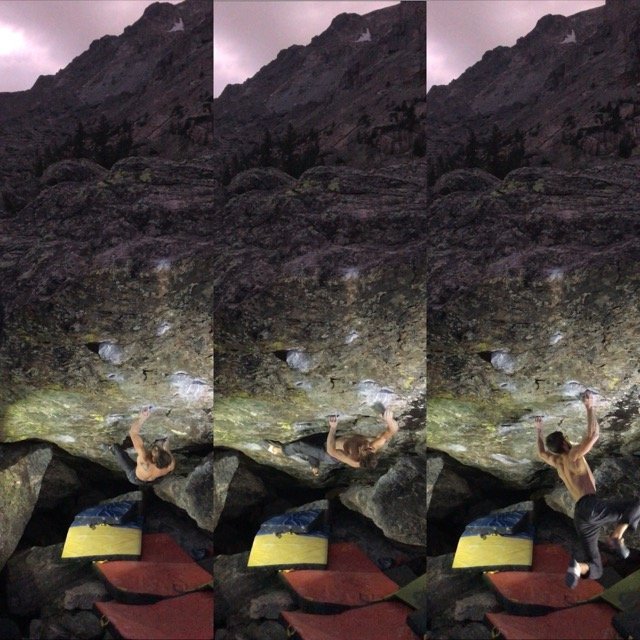Training for the Future
What if you viewed this next training phase or climbing season as an experiment?
Most of us go into a training plan or an outdoor season with an expectation of the kind of results we should be getting. By tying ourselves to these expectations, we create a narrow structure that success can live within. We lose sight of learning from the entire process and only focus on the results we want. We see it as pass/fail. Either it did what we thought it should, or it didn’t.
One problem with expecting results is that it can make us brittle when problems arise. What happens when you feel too tired for your training or you can’t make this plan work exactly how you wanted because of something unforeseen in your schedule? What if you’re half way through your training plan and you aren’t seeing the kind of results you wanted yet? This wasn’t part of the plan.

What if, instead, you looked at training as a way to find patterns you can use to improve your training and performance in the future? Rather than a transactional process of putting in training and getting out results, it’s seen as an opportunity to learn. When unexpected problems arise, it’s no longer a deviation from the plan, it’s something to take note of.
What would it look like to go into a training plan, or even climbing season, from the perspective of a scientist? When you approach something like a scientist, there aren’t failures — just tests, data, things to learn from. Most importantly, you gain knowledge that you can apply to future training and performance seasons.
This might sound like semantics, but this perspective change can be the difference between having hot and cold success with training, and performing and making incremental progress year after year.

Despite being constantly present and often the reason we fail, Rhythm is the most underrated of the Atomic Elements of Climbing Movement.
Long-time friends Nate and Ravioli Biceps discuss lessons they’ve pulled from video gaming that can help inform our climbing.
There’s A LOT of great information out there on how to climb harder. But it’s tough to sort through…
Short climbers are good at getting scrunchy, and tall climbers are good at climbing extended, right? Wrong.
One of the most common places things start to fall apart is at the very beginning of the move.
We know spending time on a finishing link is smart tactics for hard climbs. So why not apply the same concept to individual moves?
Learning when and how to compensate for a weakness is a skill. And skills need to be practiced.
Lowball boulders, while not as proud, can still teach us new movement, new ways to utilize tension, and force us into finding new techniques.
I never thought I’d be recommending this, but some of y’all should be putting less effort into becoming technically better climbers.
Training principles are important, but when they creep into performance, your climbing will suffer. Nearly every time.
We have become collectors of dots. But there’s one major thing that happens when we connect dots that is entirely lost in mass dot collection: critical thinking.
Do you really have terrible willpower? Or are you surrounded by distractions and obstacles?
You have a climbing trip coming up. The rock is different. The style is different. Your pre-trip time is short and the number of days you’ll be climbing, even shorter…
Giving artificially low grades to climbs increases their perceived value for our training and development. The more something is mis-graded the more we naturally want to prioritize it.
Discussion around grades can be so polarizing that many of us avoid the topic.
Climbing starts off as this self-feeding cycle that has you wishing you could climb seven days a week. What happens when this cycle stops bringing improvement though?
Use strength to leverage every other aspect of your climbing, not replace them.
If everything you do is a finger workout, then when do your hands get a chance to recover?
There is a common theme between a grilled cheese sandwich and good training advice.
The more accurately we define our problems, the more approachable it will feel to find solutions.
Maybe the most understated way of getting better is to build fallback successes into your plan.
How much time should climbers spend becoming more well rounded vs. improving their strengths?
As cool as assessments and standards are, they can easily leave people settling for “good enough” when they have the potential to do much more.






























Inspiration is intoxicating, but often fades as quickly as it shows up.